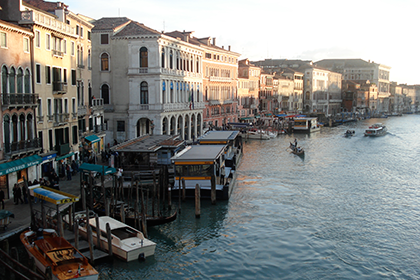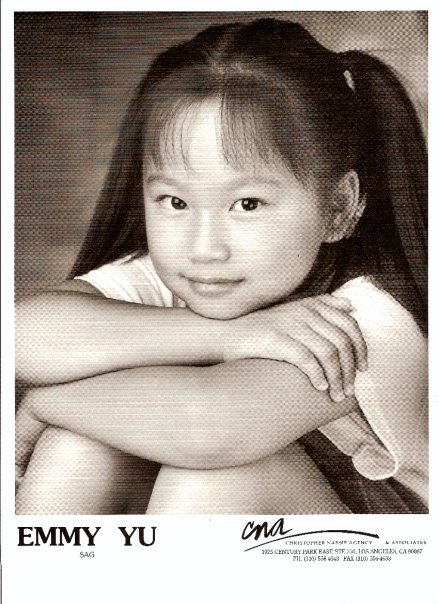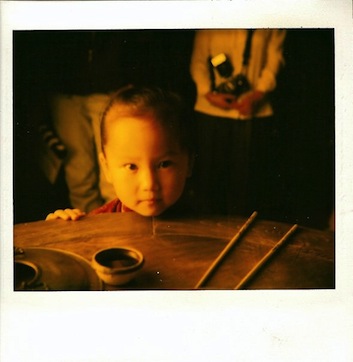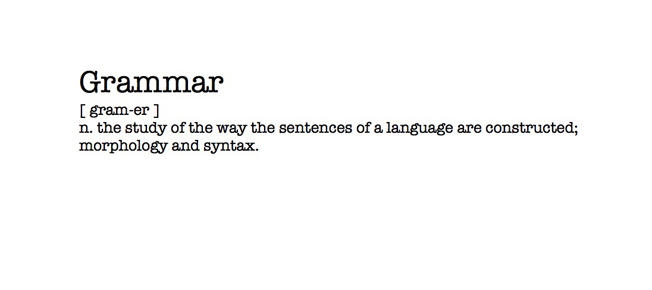I have a severe case of unconsummated wanderlust. I spend a lot of time on travel blogs, clicking my way through photos of other people’s vacations, and seething with jealousy as I tally up all the magical foreign moments I am not experiencing. Like, I am not on this beach and I am not climbing this mountain and I am definitely not eating this amazing-looking cheese thing and I don’t know why. And, yeah, that cheese would go great with this whine right here, but really I’m just saying that I go through days when I feel like the world is so very small.
But the places I have been to also have a tendency to become staple locations in my life. There may be years between visits but, when I finally get there again, there are all sorts of old memories and emotions that come rushing back—shadows of the time I had spent on those streets and inside those buildings.
…is a city that never changes. New hotels may get whipped up on top of the bones of the old, but it’s the barest flicker in a winding wall of lights. I would know—I’ve gone to Vegas with my family for every Christmas since I was four. Up and down the strip that many times and you’d think I’d be fully aware of these large shifts in the steel landscape, but it’s not like that at all. Only every once in a while do I even pause. “Wasn’t something else here?”
Every time I see those Vegas lights, it’s an eye roll and a rueful laugh. I remember coming to Vegas when we were still adjusting to life in America and Caesar’s Palace was the grandest thing we had ever seen. We would marvel at the shops and the statues, posing for photos and feeling quite luxurious. Looking back at photos, I can see it’s really just Vegas: tacky, tawdry, and covered in all sorts of razzle-dazzle that could vanish into a poof of smoke. But it was a magical escape for our little family—so far from home, trying to make the best of it despite how hard we had to struggle.
Christmas 2013 was much of the same for me, even though I’ve obviously grown old enough to understand the wink that the entire city represents. We’ve walked those casinos so many times at this point that I could rattle off the sights (and buffets) off the top of my head. And yet, it still feels like those early immigrant escapes. It can be as simple as getting my mom drunk on a colorful Fat Tuesday drink, or watching my dad scurry away when a pair of, uh… working ladies tried to approach him. (This actually happened during Christmas 2013. My mom watched the women go from a distance and very gleefully commented to me, “I think those were prostitutes!”)
The excitement reminds me of how lucky we’ve been, with each trip more luxurious than the last and light years away from our tight-budgeted first vacation. We’ve come so far and I’m so proud of my parents for getting us here. All the things that have changed since the early ‘90s—almost entirely inevitable developments like children growing up and parents aging in an empty nest—fall away in Vegas. It’s still our family.
…is a city that is always changing. So much so that it basically disappears into its new identity every time I visit. China transforms explosively between each of my trips—even a two-year gap can render my homeland almost unrecognizable. Hangzhou isn’t as well-known to the Western world as, say, Shanghai or Beijing but it carries a certain amount of fame within China. It’s a beautiful city; the translation of its name is “Heaven’s land” and, if you’ve walked along the shore of its famed West Lake, you could see why. There’s a perpetual sense that the opposite bank is drifting away into the mist, an unknown world just a wooden boat ride away. The water’s surface hides an ancient heartbeat of romance and longing but, as you move away from it and wander back to the main streets, Hangzhou is working hard to become a cosmopolitan center of a voraciously developing nation.
Of our direct family, only my parents, myself, and my sister live abroad. Everyone else remains in China and they contribute acutely to my sense of how time just slips away. I’m Rip Van Winkle every time I get out of the cab in that city. Entire blocks have been rebuilt and family members—ones with whom I last remember running around the garden trying to dig up centipedes—definitely not something you should let your kids do, by the way—are shy strangers. I have an aunt whom I remembered as a strict matriarch when I was little but, in a flash of years, suddenly became a confidante with whom I can greedily gossip over afternoon tea and snacks. I have a cousin whom I remembered as the Batman to my Nightwing (I was never Batgirl) when it came to crime-fighting / pantsing the neighbor boy for being a twerp and, in the same flash of years, suddenly became sullen and unapproachable.
It is hard to leave Hangzhou because I know I will never see it again. Not this version, not in the same light, not with the same people. It will have swum ahead to the opposite shore and I can only wonder what the mist will change.
…changes everything. And for me, personally, that change will only happen once. I lived there for four glorious years and, besides the dear friends who remained in the city for whom I happily make travel allowances, I have little interest in going back. It’s an entity unlike any other and a place that will impose its personality on its residents, for better or worse.
I mostly remember the chaos. We were art students and we knew everything and simultaneously knew absolute fuck-all. High on our mostly worthless ideas, we feverishly dreamt those years away and blithely burned ourselves out on obsessive projects that any therapist could probably identify as some form of narcissism. And, in my opinion, this was the best thing we could’ve ever done. Those obsessions needed to be burnt and those stupid ideas needed to be blown out our asses so their true nature could be revealed.
Obviously, there are other people who thrive on Manhattan’s chaos and I think that’s great. The point is, though, that Manhattan always has to be experienced at least once. It lets you play for a while and you think you’re totally safe and anonymous in its teeming population, but really it’s pushing you toward an existential cliff. And you can’t really be anonymous when your toes are curling over the edge—you kinda gotta know what you wanna do about it.
I accept that I am incredibly biased and if I had any sense of propriety, I wouldn’t be saying this but whatever. When I woke up one day and realized I had no clue what I really wanted to do or how to actually do anything, I knew it was time to get out of Manhattan. It was a wonderful, beautiful chance to wander around my own head, and the city gave me the chaos I needed to be okay with that until it finally pushed me to a point where I was not. So I moved back to California, started working in LA, and feel confident that I have my shit together every single day.
…is home—and the one place that I get to change. Los Angeles can be whatever I need it to be for me. It’s so very reassuringly mine. So, I guess a lot of the wanderlust comes from a sudden urge to get lost in a world that reflects someone else’s vision. And what’s wonderful about doing that is it always reminds me that I have my own.

Photo by Michelle White


